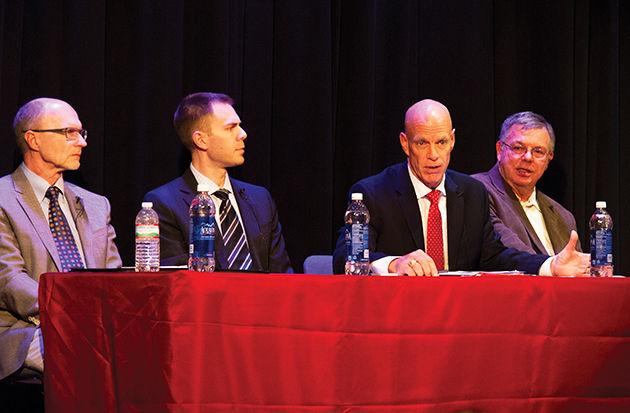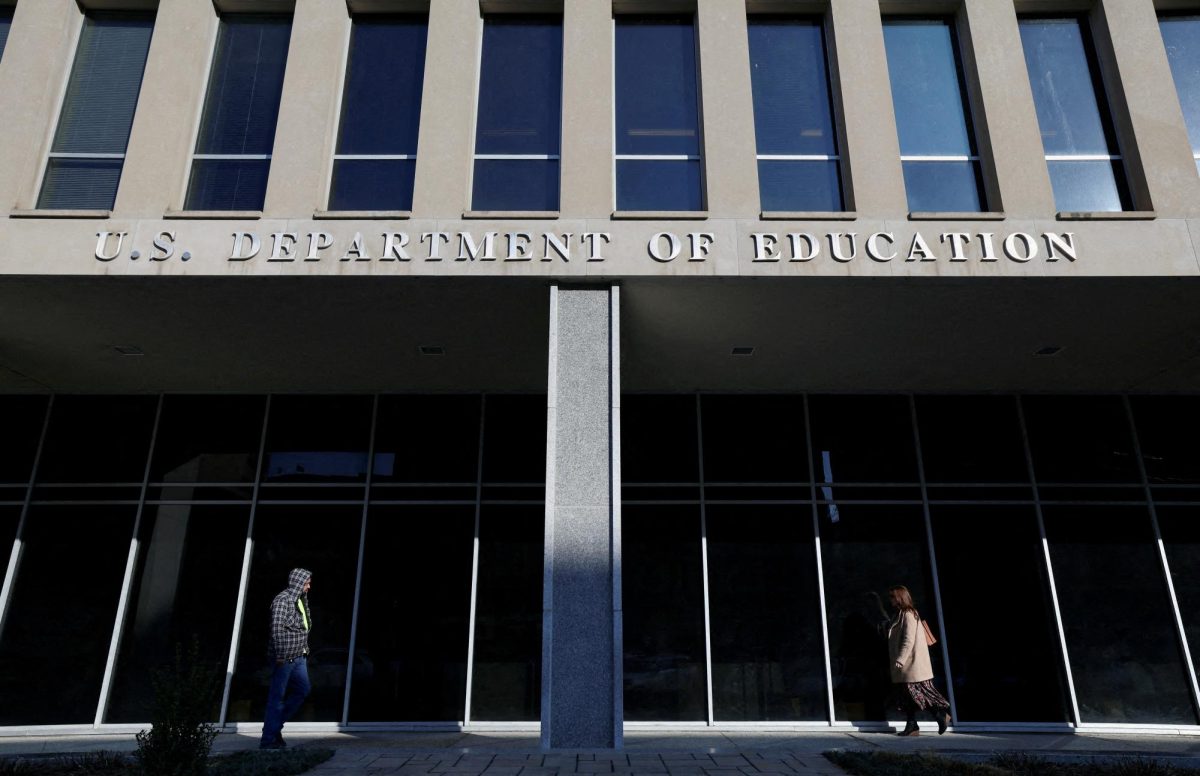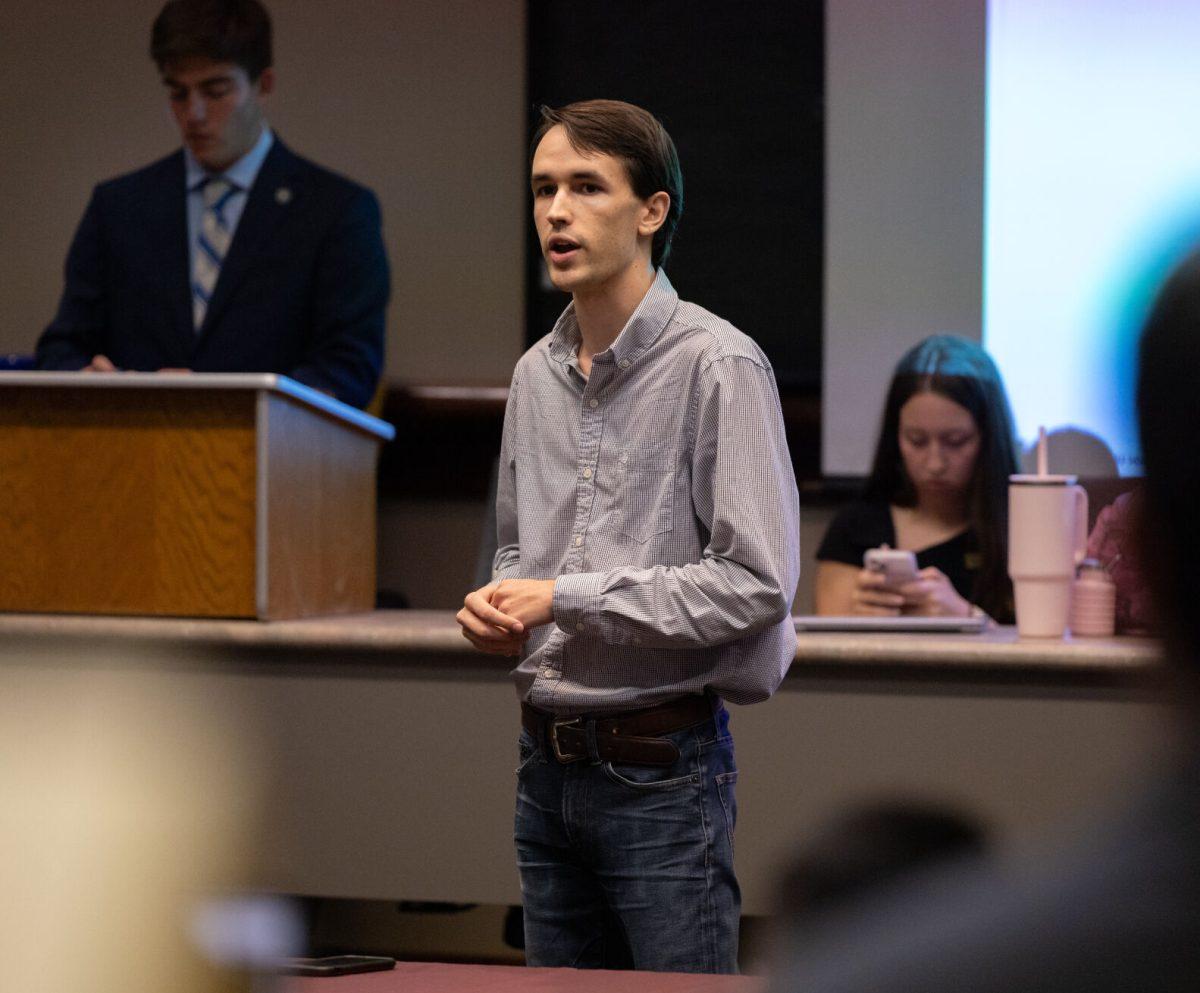Four experts on cybersecurity gathered to discuss whether or not America was on top of the war on security.
The panel, “Is America Losing the Cyber Battle” was hosted by the Alexander Hamilton Society Tuesday night. Terms like “deception”, “vulnerability” and “cyber espionage” were thrown around the panel in the opening statements from the four panelists.
“We are seeing a new kind of war, a new dimension of war,” said Andrew Ross, panelist and director of the Certificate in National Security Affairs at the Bush School of Government and Public Service. “Dimensions we thought were impossible are now being accomplished.”
The U.S. rivalry with China came up quick as many of the panelists highlighted the ever growing conflict between the two nations in regards to cyber espionage.
“U.S. and China are going to spy on each other,” said Michael Mazza, panelist and research fellow in foreign and defense policy studies at the American Enterprise Institute.
Willis Marti, panelist and director of the Networking and Information Security for Texas A&M, explained to the audience that the Chinese take a long-term view and have no benefit to place a hard cyber attack on the U.S right now. However, the recurring theme throughout the discussion was that China was our main opponent and the U.S needs to be more proactive.
The panelists suggested the attacks between the country don’t rise to acts of war, but can add up to be something along the lines of a “death of a thousand cuts.”
Ross said the difference between spying and acts of war aren’t obvious — when asked what an act of war looks like, the answer was hard to define.
“The quick answer to that is we will know it when we see it,” said Ross. “When there is a wide spread of death and destruction. We will know it when we see it. There is no clear cut answer to that.”
Mazza said the Chinese don’t step outside of the realm of what is permissible and acts like releasing U.S.-China trade agreements doesn’t necessarily hurt U.S. infrastructure as much as it helps promote their business.
As the panel continued, the panelists moved on the the issue of attribution to cyber attacks.
“Even if you trace back an attack, you still can’t always know if it was a private actor, or the government or sanctioned by the government,” said Ross.
One of the questions from the audience was what a victory in the dimension of cyber warfare looked like.
“I don’t think there is victory possible, because victory would assume that the problems are solved,” said Ret. Col. Daniel Ragsdale, panelist and director of the TEES Cybersecurity Initiative. “This will not go away — there will be conflict and problems in cyber space forever.”
Ragsdale said capital and intellectual property is increasingly moving to cyberspace, making it a lucrative target for hackers. Ultimately, Ragsdale summed up the discussion with a simple idea.
“Hackers are going to hack,” said Ragsdale.










